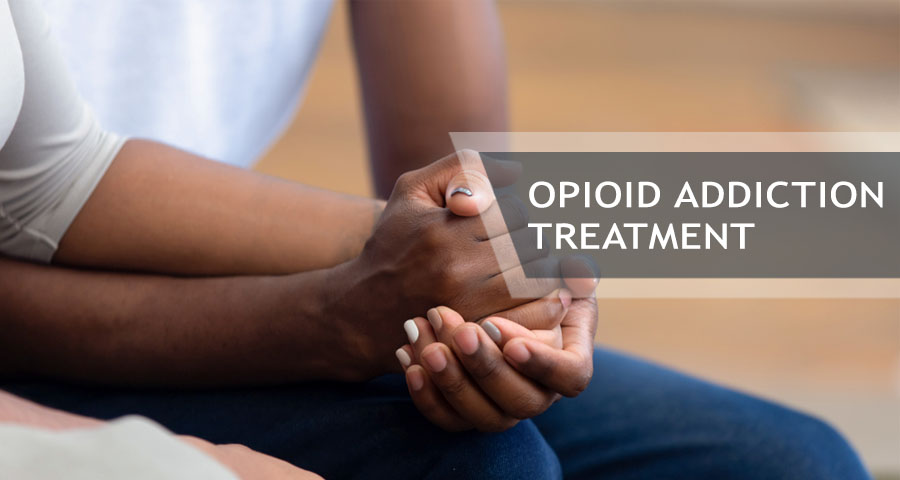
Opiate addiction is a complex condition that affects individuals physically, mentally, and emotionally. As the opioid crisis continues to impact communities worldwide, finding safe and effective treatment options has become a top priority for those struggling with addiction and their families. With various approaches available, understanding the benefits and limitations of each is crucial for making informed decisions about recovery.
Medication-Assisted Treatment (MAT)
Medication-Assisted Treatment (MAT) is one of the most widely recognized and effective methods for managing opiate addiction. MAT combines FDA-approved medications with behavioral therapy to address both the physical and psychological aspects of addiction.
Medications like methadone, buprenorphine, and naltrexone help reduce withdrawal symptoms, curb cravings, and block the euphoric effects of opioids. Methadone and buprenorphine are particularly effective in stabilizing individuals, allowing them to focus on rebuilding their lives. Naltrexone, on the other hand, is often used to prevent relapse by blocking opioid receptors.
The combination of these medications with counseling and behavioral therapy makes MAT a holistic approach that treats addiction as a chronic condition. Studies show that MAT significantly improves recovery outcomes, reduces the risk of overdose, and helps individuals maintain long-term sobriety.
Detoxification Programs
Detoxification, or detox, is the first step in treating opiate addiction. This process involves removing opioids from the body while managing withdrawal symptoms. Detox can be conducted in various settings, including inpatient or outpatient facilities, and may involve medical supervision for safety.
Traditional detox programs typically span several days to weeks, depending on the severity of the addiction. During this time, healthcare professionals provide medications and support to alleviate discomfort. Medically supervised detox is considered the safest option, as withdrawal symptoms can be severe and potentially life-threatening.
Rapid detoxification is an alternative method where the process is accelerated under anesthesia. While it offers a faster detox, it carries higher risks and is not suitable for everyone. Regardless of the detox approach, it is essential to follow up with ongoing treatment to address the root causes of addiction.
Behavioral Therapies
Behavioral therapies play a central role in opiate addiction treatment. They aim to change unhealthy thought patterns, behaviors, and coping mechanisms that contribute to substance use. Common types of behavioral therapies include:
- Cognitive Behavioral Therapy (CBT): Helps individuals identify triggers and develop healthier ways to manage stress and cravings.
- Motivational Interviewing (MI): Encourages individuals to build intrinsic motivation for change and commitment to recovery.
- Contingency Management (CM): Offers incentives for achieving specific recovery goals, such as remaining drug-free.
Therapy sessions may be conducted individually, in groups, or with families to address the multifaceted impact of addiction.
Support Groups and Aftercare
Support groups like Narcotics Anonymous (NA) and SMART Recovery provide a sense of community and ongoing encouragement during recovery. Aftercare programs, including sober living homes and relapse prevention plans, help individuals transition back into society while maintaining sobriety.
Holistic and Alternative Therapies
Complementary approaches such as yoga, meditation, acupuncture, and nutrition therapy can enhance recovery by addressing the mind-body connection. These therapies are often integrated into broader treatment plans to improve overall well-being.
Conclusion
Opiate addiction treatment is not a one-size-fits-all solution. The most effective approach involves a combination of evidence-based methods tailored to an individual’s unique needs. Whether through MAT, detox, therapy, or support groups, the key to success lies in a comprehensive and personalized recovery plan. With proper care and support, recovery from opiate addiction is not only possible but sustainable.
